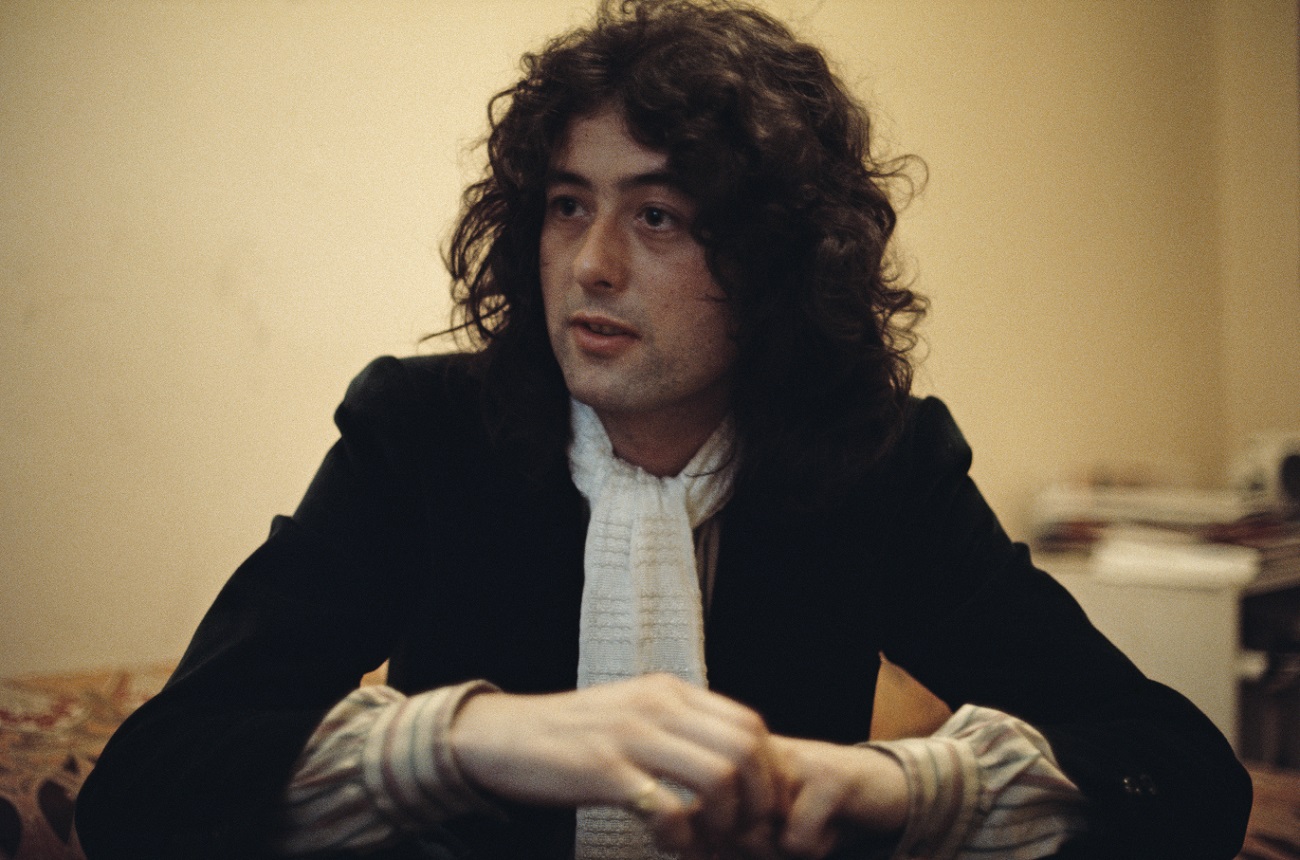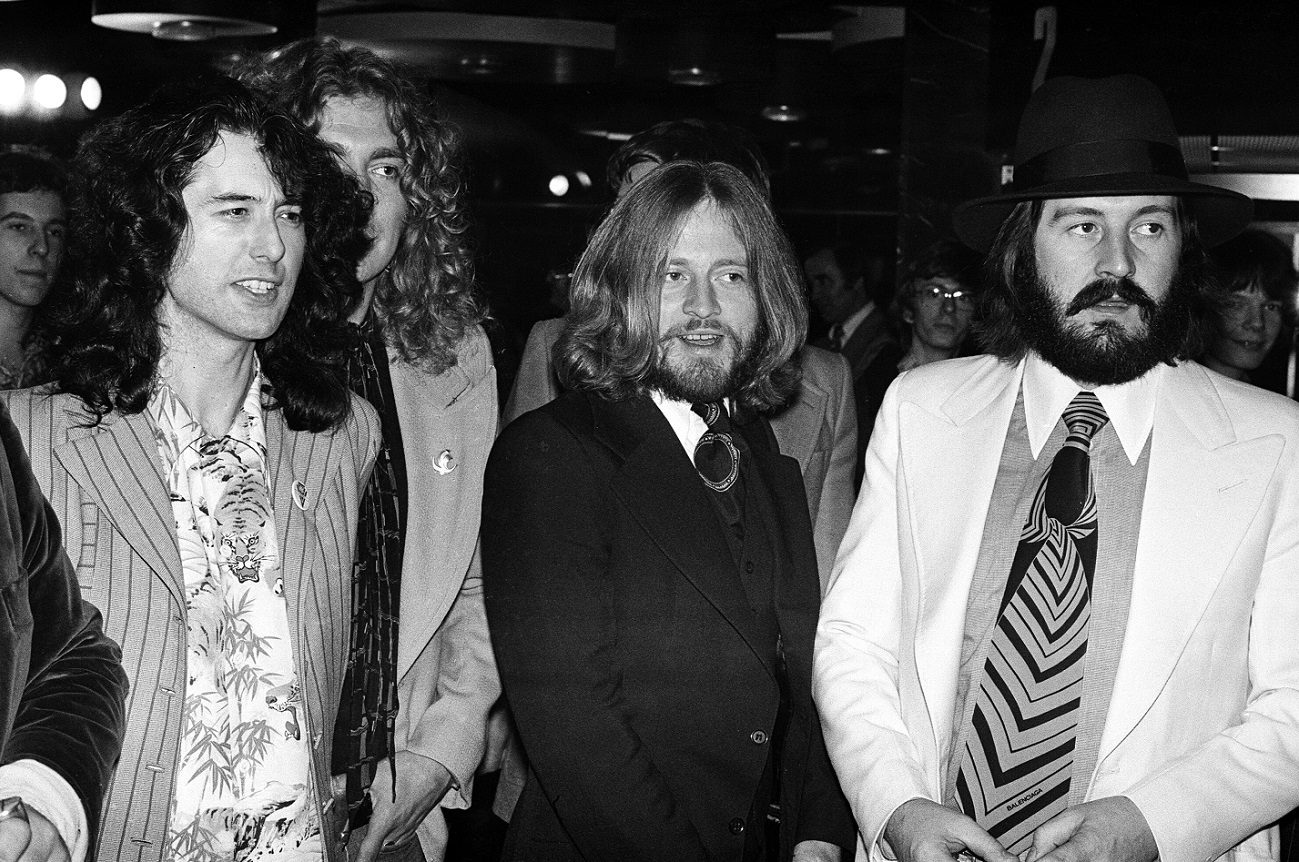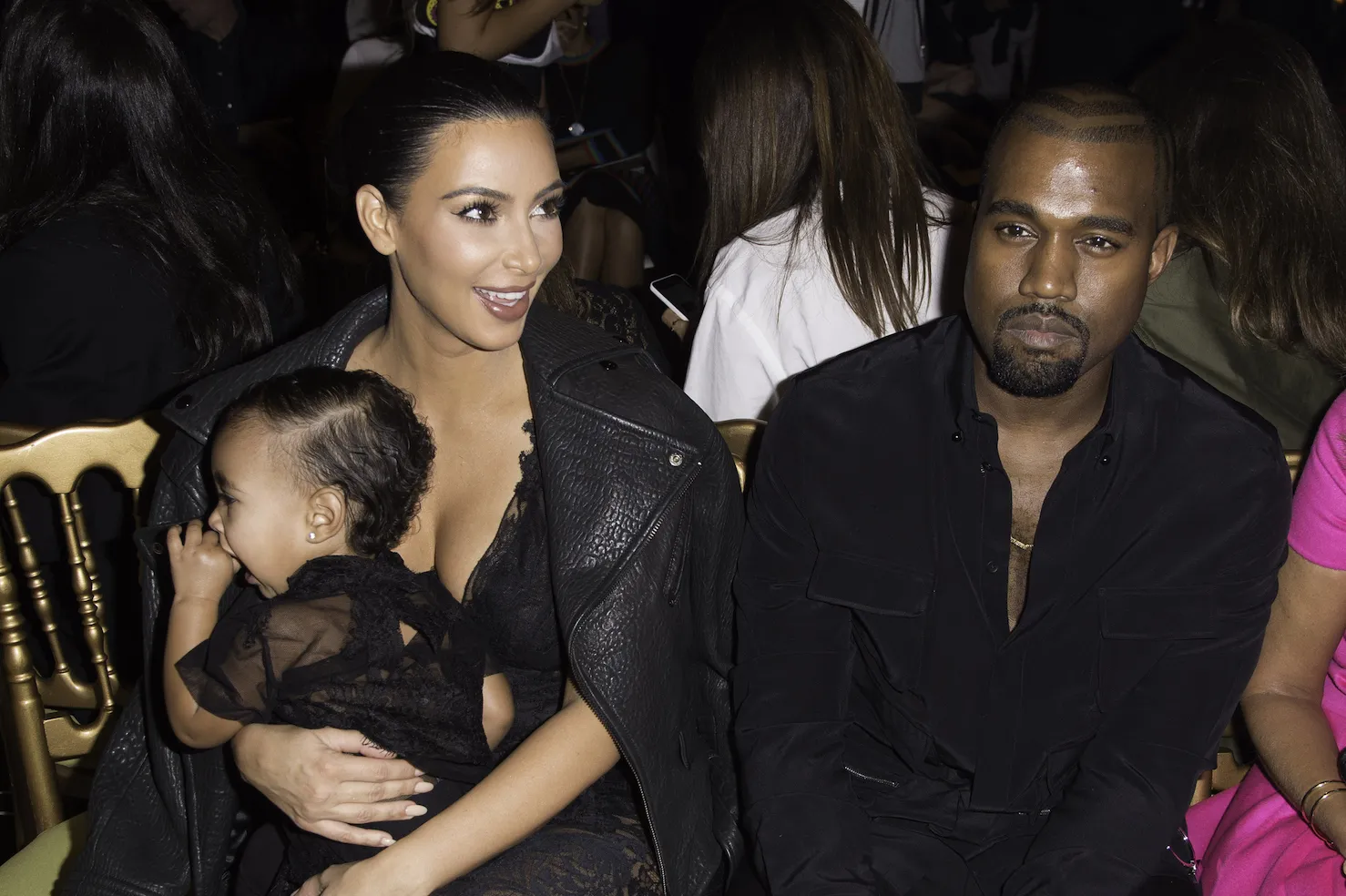Why Led Zeppelin Shrugged Off the Copyright Claim on ‘Boogie with Stu’
When people cite the copyright claims against Led Zeppelin, they tend to focus on the early albums. On the group’s first two records (1969’s I and II), the Zep failed to acknowledge the use of several blues numbers, one of which supplied Robert Plant’s lyrics for “Whole Lotta Love.”
But the claims don’t stop with the early Zep records. In the 2010s, representatives for the estate of Randy California sued for copyright credit on Zep’s 1971 epic “Stairway to Heaven.” At last check, Plant and Jimmy Page had successfully defended their songwriting credit on the track.
Another copyright claim arrived after the release of Physical Graffiti (1975). On that double album, the band included “Boogie with Stu,” a leftover track from the sessions for IV. When the band recorded “Rock and Roll” with Ian Stewart, it also knocked off another romp of a track.
In addition to Stewart and the four members of Zep, the songwriting credit on “Boogie with Stu” also read “Mrs. Valens.” That led to an attempt on the Ritchie Valens estate to sue the band. Page didn’t take kindly to the claim.
Led Zeppelin’s ‘Boogie with Stu’ borrowed heavily from Ritchie Valens’ ‘Ooh! My Head’

To say “Boogie with Stu” borrowed from Valens’ “Ooh! My Head” is an understatement. The first verse closes with almost the exact lyrics Plant later sang. “There won’t be no tutti frutti, no lollipop,” Valens sang in his 1958 original. “C’mon baby just rock, rock, rock.”
Of course, Plant also sings “Ooh, my head” later in the track. Meanwhile, the music follows the arrangement of Valens’ original (which followed that of a track by Little Richard) rather closely. Speaking with Guitar World in 1993, Page called it “obviously a variation” of the Valens track.
So you can see the rationale behind crediting Valens, though Page and his bandmates didn’t do that. Instead, they credited “Mrs. Valens,” or what they assumed to be the name of Valens’ mother. (Her name was Concepcion Valenzuela.)
“What we tried to do was give Ritchie’s mother credit, because we heard she never received any royalties from any of her son’s hits,” Page explained in Guitar World. “And Robert did lean on that lyric a bit.”
Jimmy Page and Zeppelin didn’t settle with the Valens estate after the claim on ‘Boogie with Stu’

When songwriters approached Page and Zeppelin with claims on songs, the band usually settled. Plant fully acknowledged his “nick” of Willie Dixon’s lyrics on “Whole Lotta Love.” He later described them as “happily paid for.”
The band also changed the songwriting credits to “Dazed and Confused” and “Babe, I’m Gonna Leave You” to acknowledge the work of Jake Holmes and Anne Bredon, respectively. But that didn’t happen with “Boogie with Stu.”
“The one time we did try to do the right thing, it blew up in our faces,” Page recalled in his Guitar World interview. He was referring to the idea that the partial songwriting credit would go to Valens’ mother. Page noted how “Ooh! My Head” was clearly a variation on Little Richard’s “Ooh! My Soul.”
Given that history, Zep’s representatives did not take kindly to the Valens estate’s request for full credit on “Boogie with Stu.” “They tried to sue us for all of the song!” Page recalled. “We had to say, ‘B*gger off.'”


